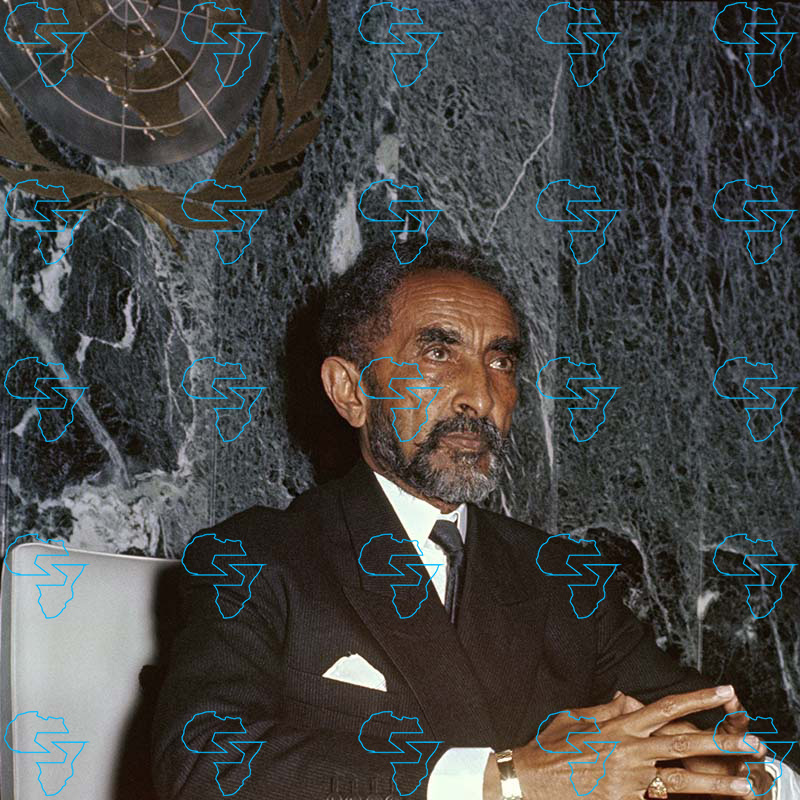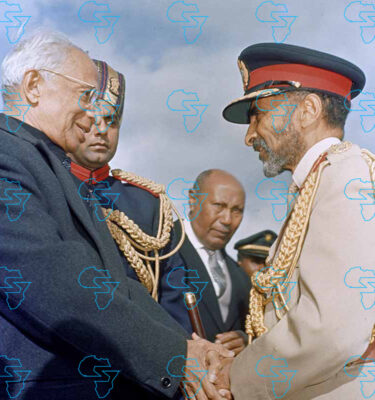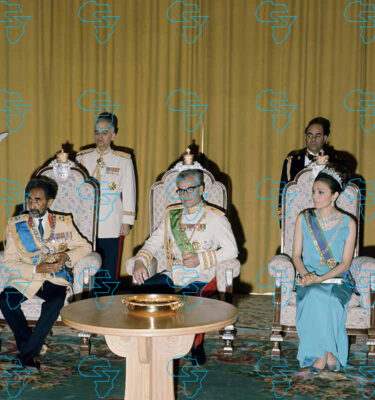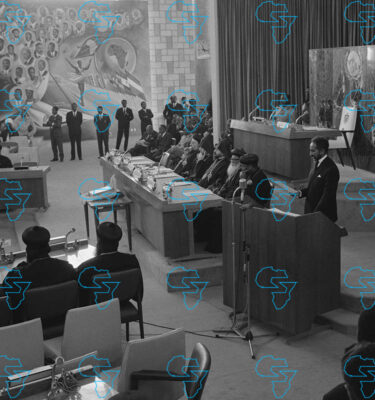Emperor Haile Selassie I of Ethiopia and President at the United Nations
£74.02 – £2,130.12
Related products
-
Emperor Haile Selassie I of Ethiopia and President Muhammad Anwar al Sadat (Egypt)
Select options This product has multiple variants. The options may be chosen on the product page -
Emperor Haile Selassie I of Ethiopia and Sami Süleyman Gündoğdu Demirel
Select options This product has multiple variants. The options may be chosen on the product page -
HIM Haile Selassie I, Queen Elizabeth II and Prince Philip
Select options This product has multiple variants. The options may be chosen on the product page -
Ababa’s Menelik Square in 1973 at a ceremony
Select options This product has multiple variants. The options may be chosen on the product page -
HIM Haile Selassie I welcoming His Excellency Dr Sarvepalli Radhakrishnan, President of India
Select options This product has multiple variants. The options may be chosen on the product page -
Emperor Haile Selassie I of Ethiopia and Jomo Kenyatta (Kenya)
Select options This product has multiple variants. The options may be chosen on the product page -
Emperor Haile Selassie I of Ethiopia and Mohammad Reza Shah Pahlavi (Iran)
Select options This product has multiple variants. The options may be chosen on the product page -
Emperor Haile Selassie I of Ethiopia Addresses the Organisation of African Unity
Select options This product has multiple variants. The options may be chosen on the product page -
Emperor Haile Selassie I of Ethiopia and King Hussain of Jordan
Select options This product has multiple variants. The options may be chosen on the product page -
HIM Haile Selassie I, His Excellency President Jomo Kenyatta of Kenya and his wife.
Select options This product has multiple variants. The options may be chosen on the product page -
HIM Haile Selassie I and His Majesty King Hussein of Jordan
Select options This product has multiple variants. The options may be chosen on the product page
Basket
Product categories
Products
-
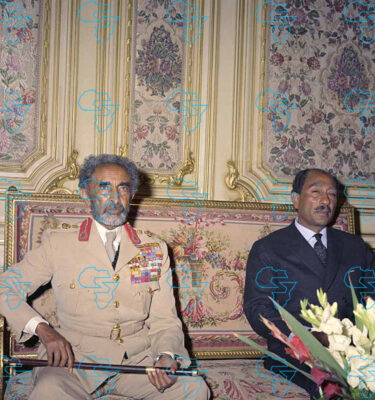 Emperor Haile Selassie I of Ethiopia and President Muhammad Anwar al Sadat (Egypt)
£74.02 – £2,130.12
Emperor Haile Selassie I of Ethiopia and President Muhammad Anwar al Sadat (Egypt)
£74.02 – £2,130.12
-
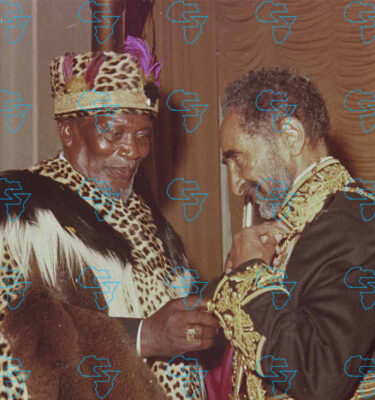 Emperor Haile Selassie I of Ethiopia and Jomo Kenyatta (Kenya)
£74.02 – £2,130.12
Emperor Haile Selassie I of Ethiopia and Jomo Kenyatta (Kenya)
£74.02 – £2,130.12
-
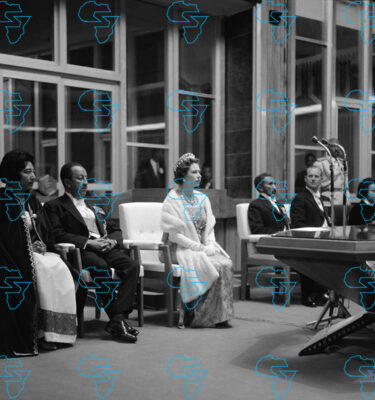 HIM Haile Selassie I, Queen Elizabeth II and Prince Philip
£74.02 – £2,130.12
HIM Haile Selassie I, Queen Elizabeth II and Prince Philip
£74.02 – £2,130.12
-
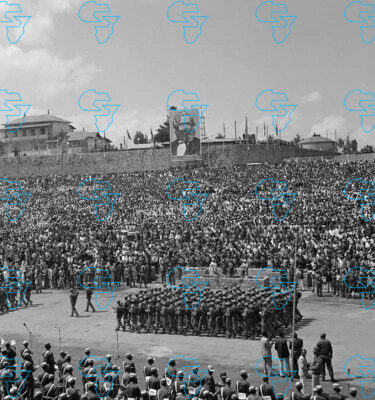 Revolution Square, Addis Ababa
£74.02 – £2,130.12
Revolution Square, Addis Ababa
£74.02 – £2,130.12
-
 Emperor Haile Selassie I of Ethiopia and King Hussain of Jordan
£74.02 – £2,130.12
Emperor Haile Selassie I of Ethiopia and King Hussain of Jordan
£74.02 – £2,130.12

